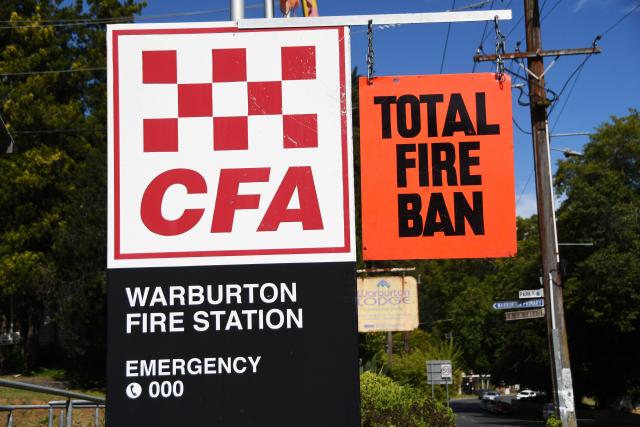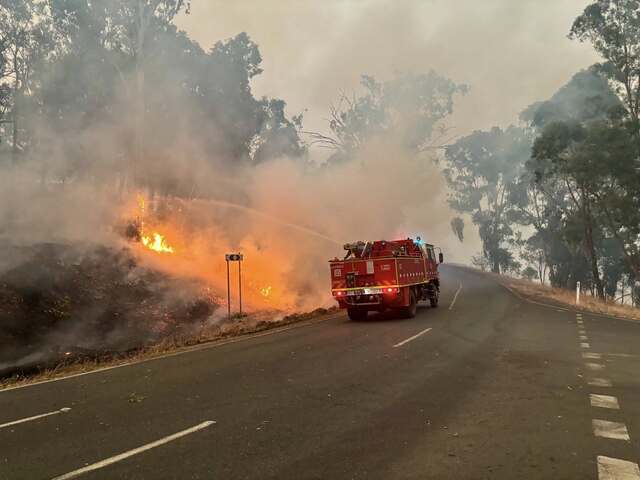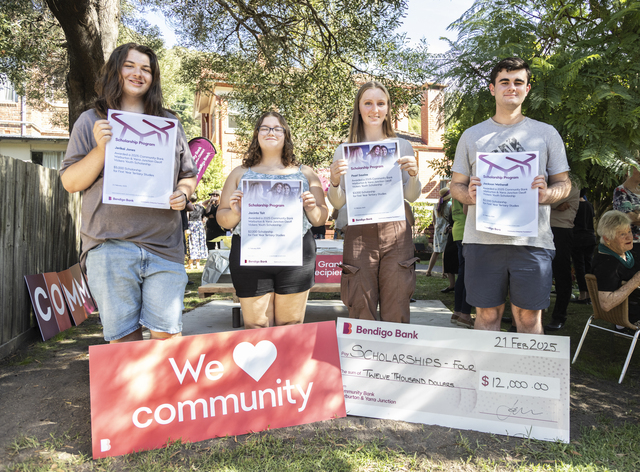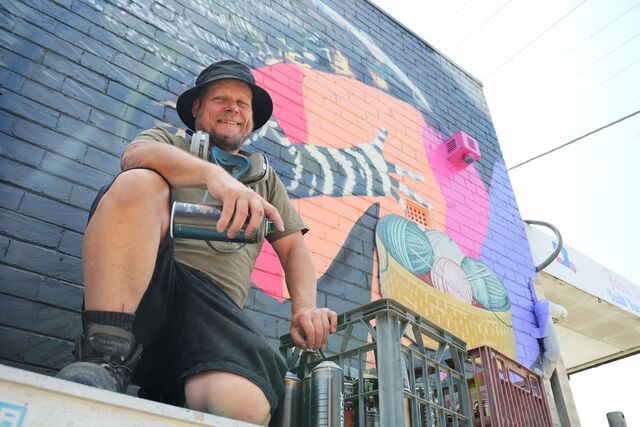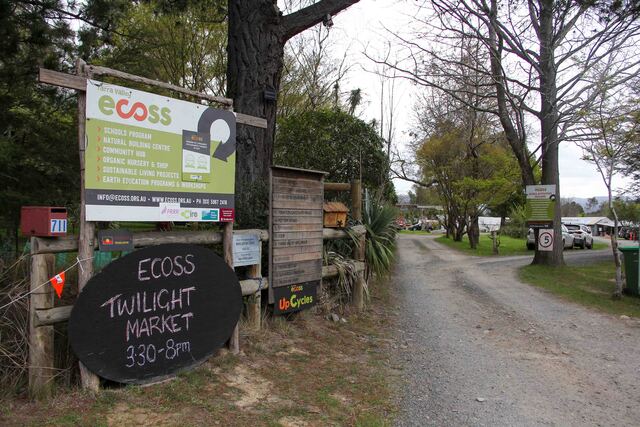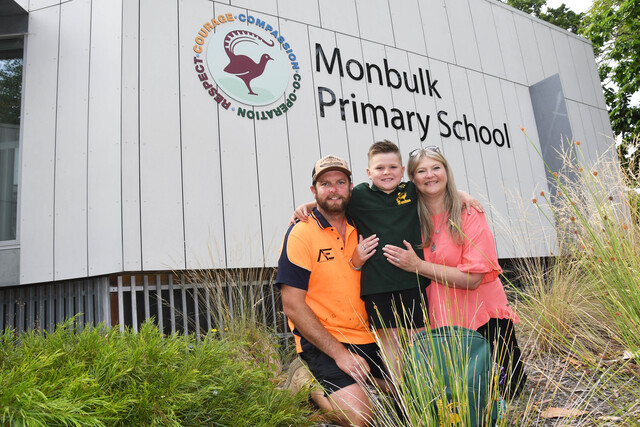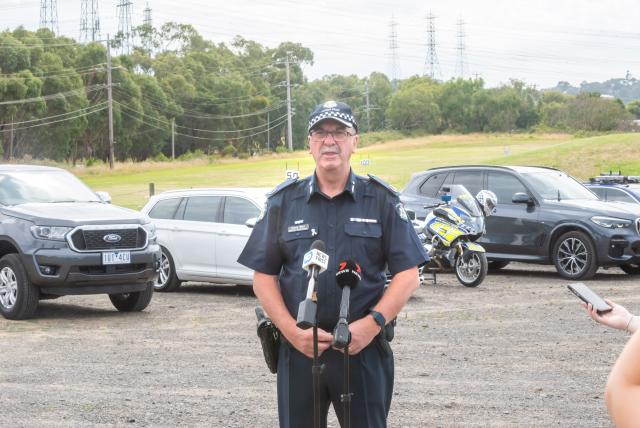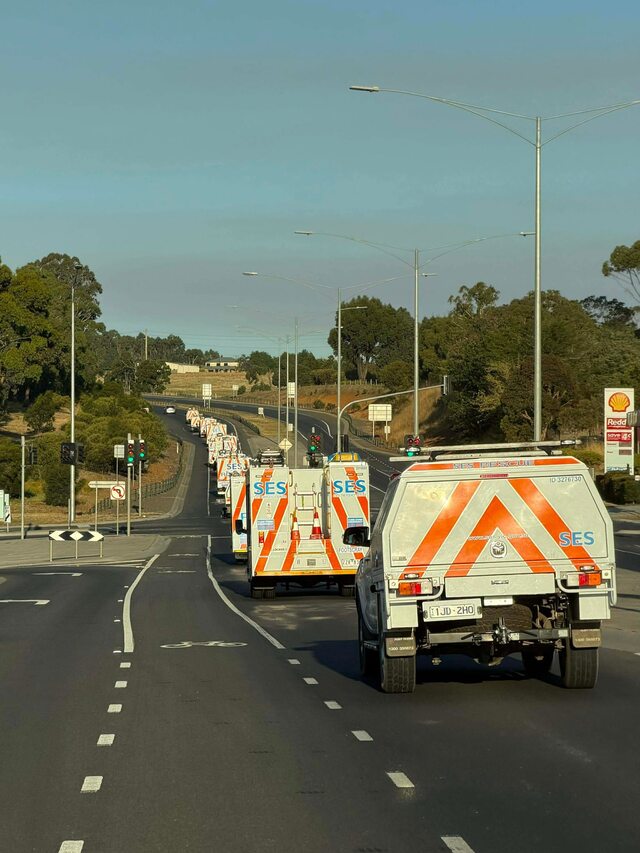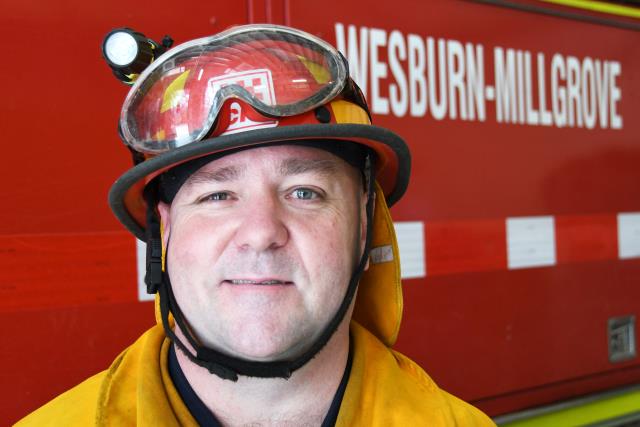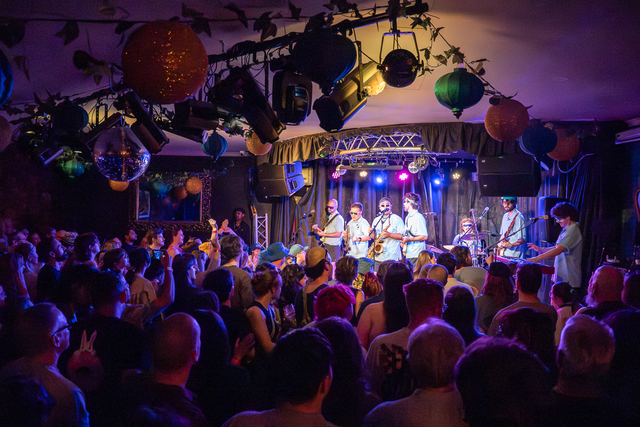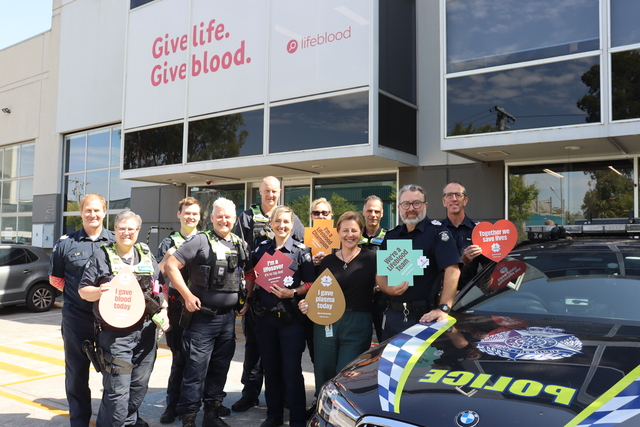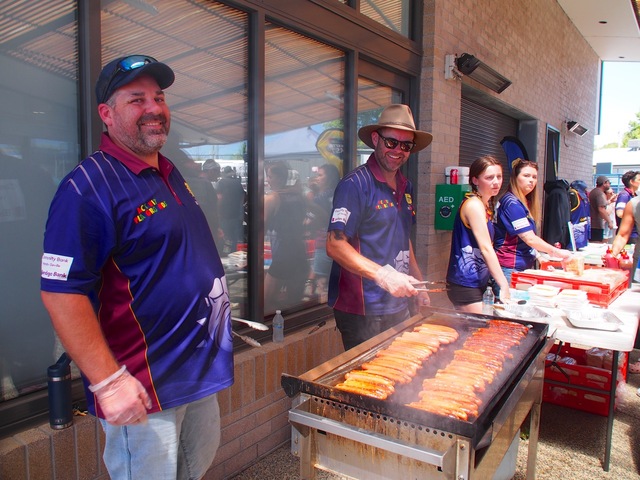Tell No One, by Brendan Watkins, is described to have achieved something that few memoirs can, “laying bare a disturbing history with compassion and humanity”.
The book details the author’s search for his birth parents, which uncovered “an astonishing global scandal at the heart of the Catholic Church”.
This reviewer first “read” the title as an audiobook narrated by David Tredinnick.
His delivery of the author’s story perfectly conveys the deep emotions of a man desperately searching for answers to some of the most fundamental questions about his existence.
“Who were my parents? Where were they? Why did they give me away?”
The author’s voice is distinct and almost tangible in the print book, writing about the “nagging inkling” that many adopted people feel, “that they’re mismatched, don’t quite fit, or are outsiders, a recurring sense that they’ve lost something”.
Watkins quotes English author Jeanette Winterson in her 2011 book Why Be Happy When You Could Be Normal?:
“Adoption drops you into the story after it has started. It’s like reading a book with the first few pages missing… The feeling that something is missing never, ever leaves you – and it can’t, and it shouldn’t, because something is missing.”
Watkins learned about his adoption when he was eight years old. Upon his decision to start a family at the age of 29, he encountered the practical issue of “what was swimming around in my gene pool” that could affect the health and development of his future offspring.
However, having finally tracked down the name of his birth mother via the Catholic Family Welfare Bureau – the agency in charge of “finding homes for surrendered Catholic children among parishioners” – Watkins was told to “go home and forget about her forever”.
Worse, after decades of extensive research and a DNA test, Watkins discovered that he is the son of a priest and a nun. His father, a celebrated outback missionary, had sworn his mother to secrecy about their relationship.
This, according to Watkins, is a form of “spiritual abuse” that “says so much about the misogyny of the Catholic Church, the institution”.
“It’s a male-centric institution that doesn’t recognise the rights of women. I found that my mother had met my father when she was 14 or 15, and he was 30 years older… so he had enormous influence over her.”
There are approximately 450,000 Catholic priests around the world.
Although there are no accurate records, it is estimated that they have fathered over 20,000 children.
Research has shown that many mothers were pressured to have abortions. Others were coerced into hiding, tormented by shame and guilt as they gave birth to babies who were immediately and forcibly removed for adoption, their records falsified or conveniently lost.
How many women endured this fate? And how many children of priests have suffered from secrecy and lies like Watkins did?
Tell No One is a powerful reminder of the sort of cruelty that institutionalised religious power can impose on women and children.


